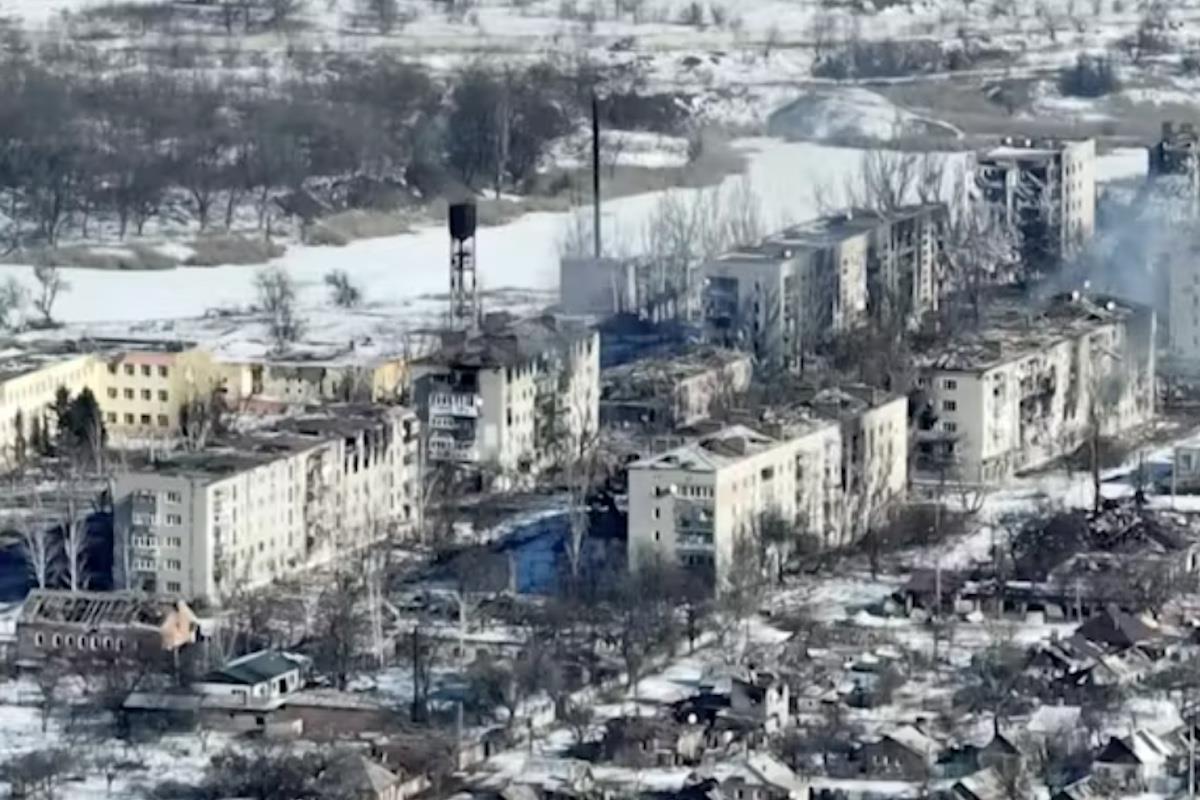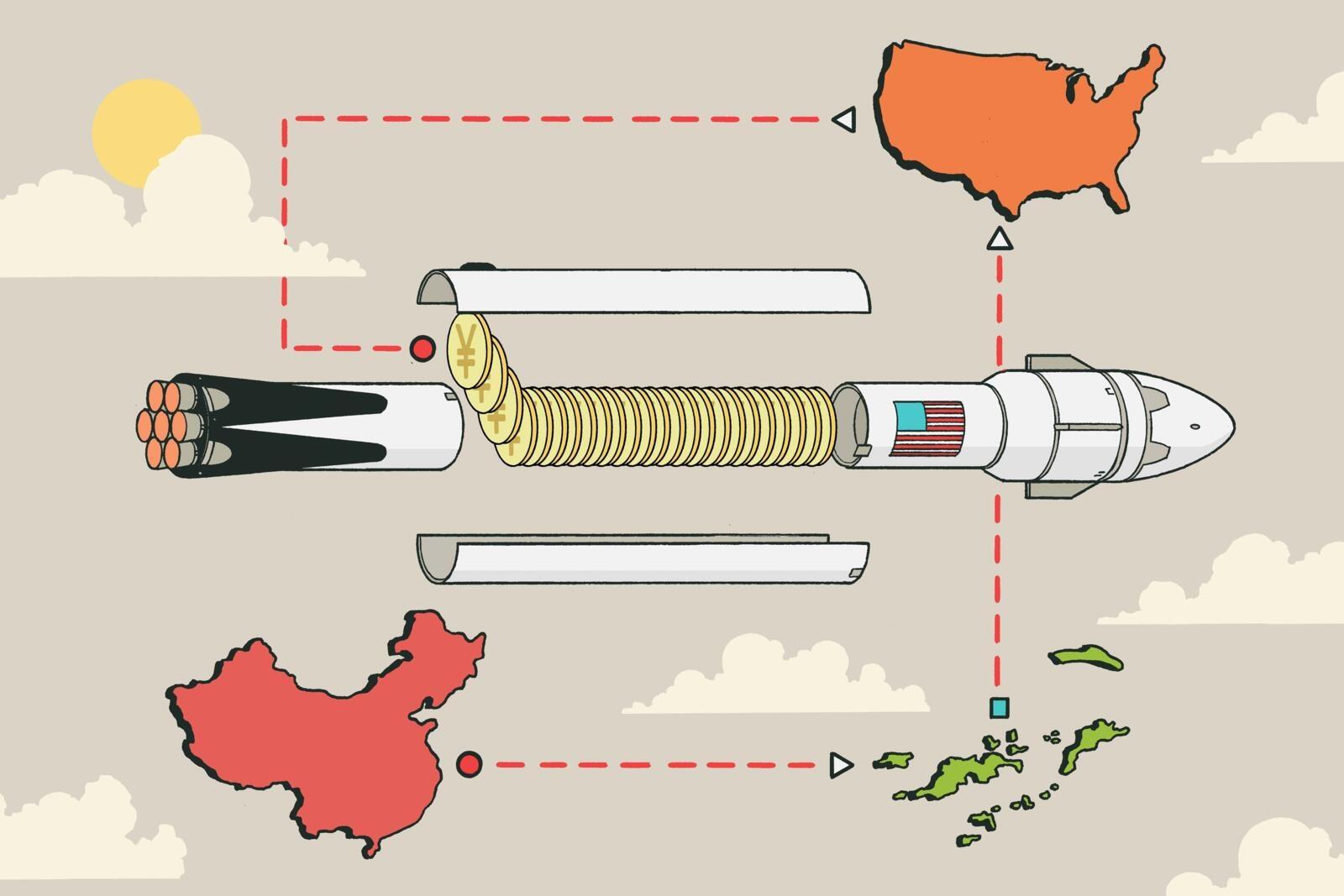
Don't Expect A US Marshall Plan To Rebuild Ukraine
Since 2022, Congress has provided about US$174 billion to Ukraine and neighboring countries to assist in its war effort. Trump inflated this figure to US$350 billion in a March 2025 White House meeting with French President Emmanuel Macron. Separately, he has suggested Ukraine could reimburse the US by giving America access to its minerals .
Ukraine is rich in titanium, graphite, manganese and other rare earth metals used to produce electric vehicle batteries and other tech devices .
Mining and refining these critical mineral resources would require major investment in infrastructure and economic development , including in parts of Ukraine severely damaged by fighting. Some analysts are calling for a return to the European Recovery Program , commonly known as the Marshall Plan.
The Marshall Plan used $13.3 billion in US funds – roughly $171 billion in today's dollars – to rebuild war-torn Western Europe from 1948 to late 1951. It is often evoked as a solution for reconstruction following global crises. Yet, as a military historian and curator , I find that the Marshall Plan is not well understood.
For the US, the economic gains of the Marshall Plan did not come from European countries' repaying loans or allowing the US to extract their raw materials. Rather, the US has benefited enormously from a half-century of goodwill, democratic stability and economic success in Europe.
European nations turn inwardAfter World War II ended in 1945, Western Europe faced a staggering burden of destruction and upheaval .
Allied bombardment of major industrial areas and German cities such as Berlin, Hamburg and Cologne had created massive housing shortages . Meanwhile, fighting through agricultural areas and a critical manpower shortage had curtailed food production . What harvest there was could not get to hungry civilians because so many of Europe's roads, bridges and ports had been destroyed.
The United Kingdom, Italy, France, Germany and other European governments were buried in debt after so many years of war. They could not afford to rebuild on their own. Yet, rather than cooperating on their mutual economic reconstruction , European nations looked inward, focusing primarily on their own political challenges.

Legal Disclaimer:
MENAFN provides the information “as is” without warranty of any kind. We do not accept any responsibility or liability for the accuracy, content, images, videos, licenses, completeness, legality, or reliability of the information contained in this article. If you have any complaints or copyright issues related to this article, kindly contact the provider above.

























Comments
No comment